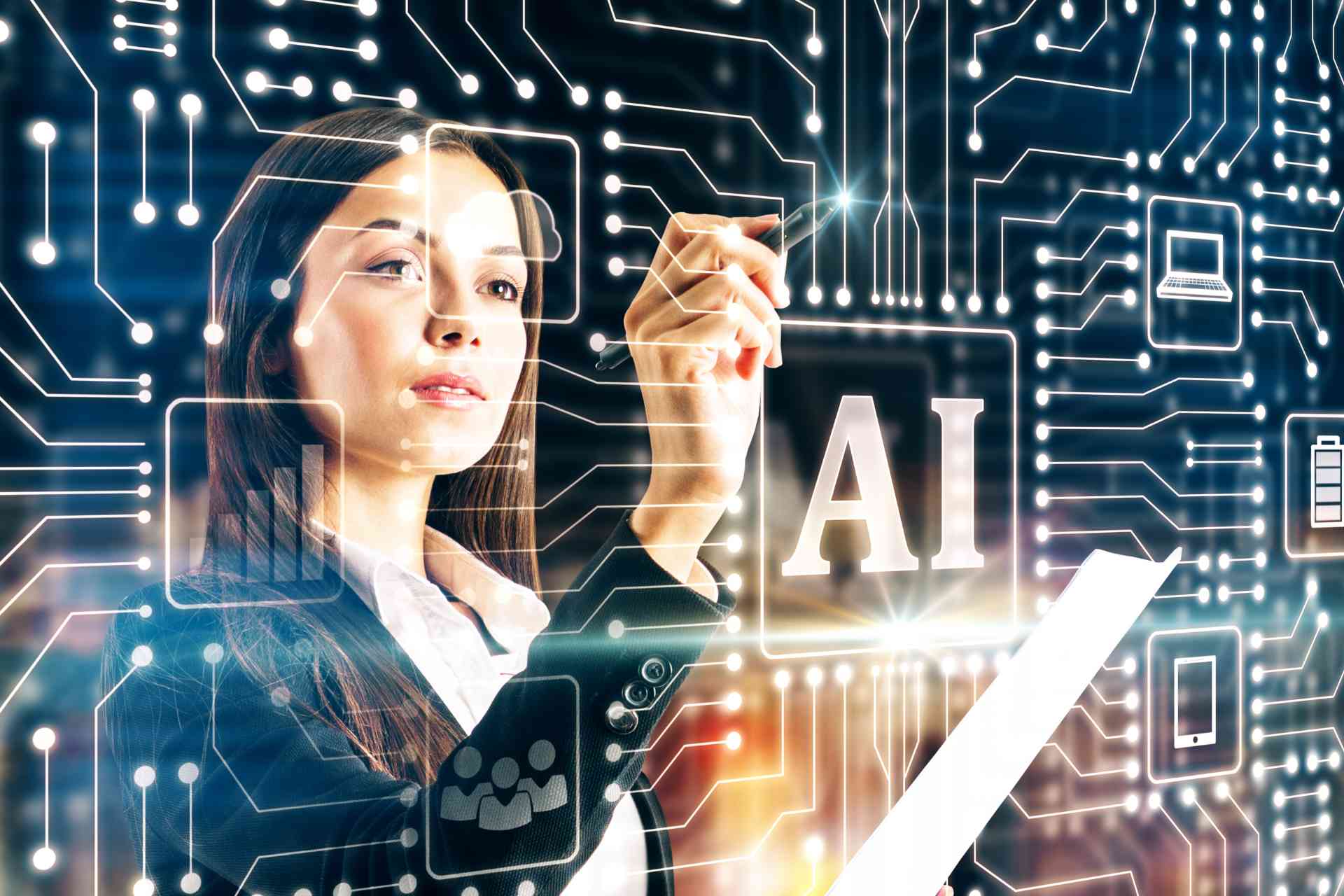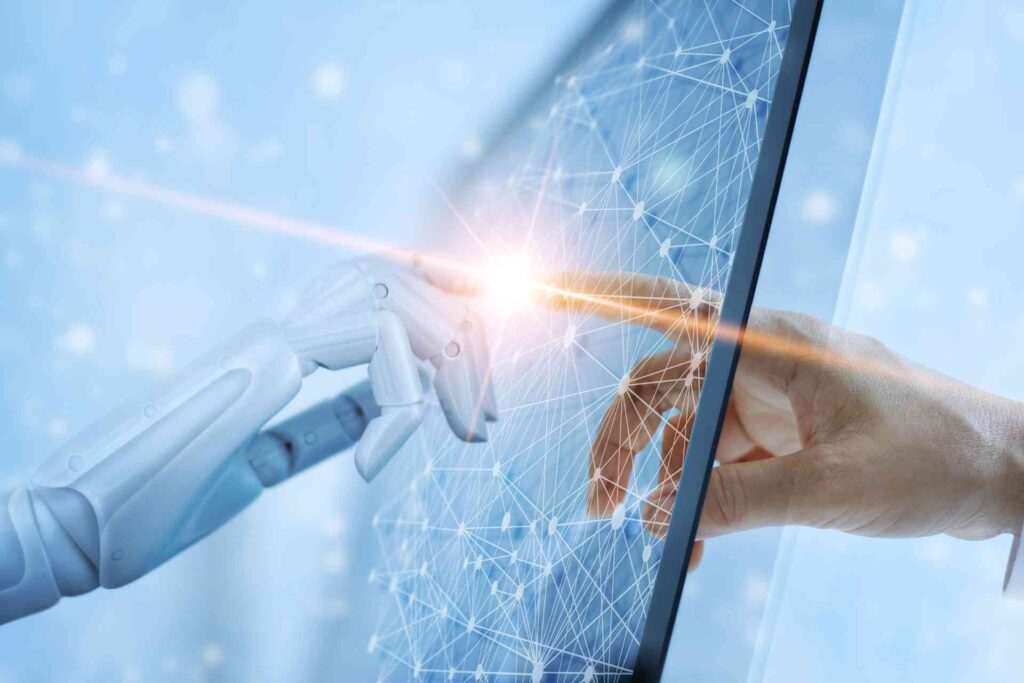
Artificial Intelligence (AI) has rapidly transformed from a science fiction concept to a critical component of our modern world. With its ability to process vast amounts of data and perform complex tasks, AI is shaping industries, influencing decision-making, and revolutionizing the way we live and work.
In this article, we will delve into the fascinating realm of AI and explore how it is redefining various aspects of our lives.
In recent years, AI has evolved from a theoretical concept to a tangible reality. It involves the creation of machines and systems that can simulate human intelligence and perform tasks that typically require human cognitive abilities. AI technologies such as machine learning, neural networks, and natural language processing are driving this transformation.

AI in Healthcare: Revolutionizing Patient Care
The healthcare industry has been revolutionized by AI-powered solutions. From diagnosing diseases more accurately to predicting patient outcomes, AI is enabling healthcare professionals to make informed decisions and provide personalized treatment plans. Surgical robots are enhancing precision in the operating room, reducing risks and improving patient recovery rates.
Transforming Transportation with Autonomous Vehicles
Autonomous vehicles are no longer confined to the realm of science fiction. AI-driven self-driving cars are becoming a reality, promising safer and more efficient transportation. These vehicles use advanced sensors and algorithms to navigate roads, reducing the likelihood of accidents caused by human error.
Education and AI: Enhancing Learning Experiences
AI is reshaping education by tailoring learning experiences to individual students. Adaptive learning platforms use AI algorithms to analyze students’ progress and adjust the curriculum accordingly. Virtual tutors and language learning apps are providing learners with interactive and engaging ways to acquire new skills.
The Impact of AI on Employment: Challenges and Opportunities

The widespread adoption of AI has sparked discussions about its impact on employment. While AI has the potential to automate routine tasks and improve efficiency, it also opens up new avenues for innovation and job creation. Upskilling and reskilling the workforce will be crucial to harnessing the benefits of AI.
As AI technologies advance, ethical considerations become paramount. Issues such as bias in AI algorithms, data privacy, and accountability must be addressed to ensure that AI is developed and deployed responsibly. Striking a balance between innovation and ethical standards is essential for the sustainable growth of AI.
AI is playing a significant role in addressing environmental challenges. It is used to analyze climate data, predict natural disasters, and optimize resource allocation. Smart energy grids and waste management systems are being developed to promote sustainability and reduce the ecological footprint.
The future of AI holds exciting possibilities. Quantum computing, brain-computer interfaces, and AI-driven drug discovery are among the groundbreaking advancements on the horizon. As technology continues to evolve, AI will likely become even more integrated into our daily lives, shaping the future in unimaginable ways.


